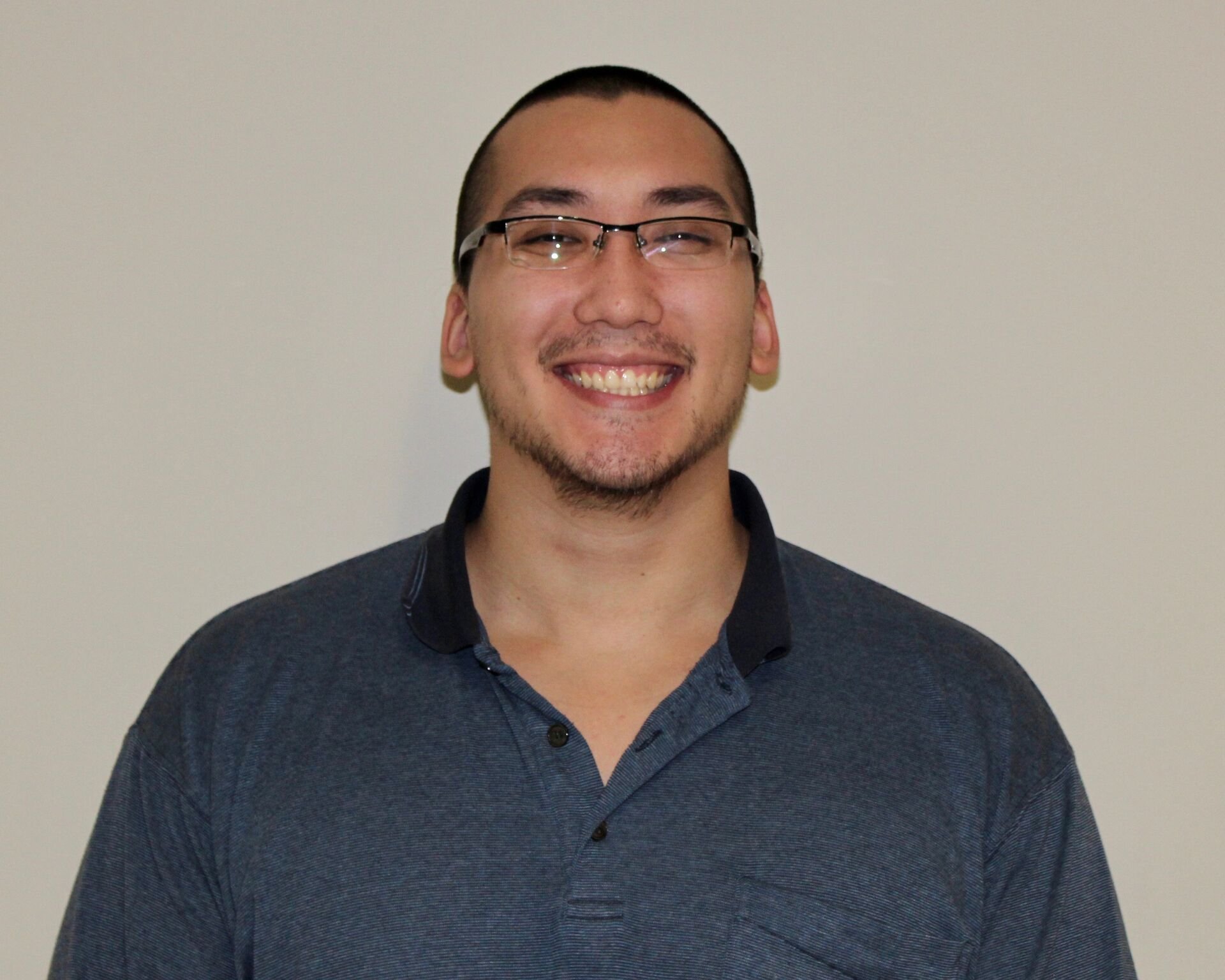Lessons from Scientific Research
Why scientific research is much more than a resume filler?
By Joshua Baguley
Many people use scientific research as a way to check a box for applications or a resume. While there is nothing wrong with using it to fulfill a requirement, I feel that this mentality limits what I feel is the true value of research. Every moment of my time spent in the research field has contributed to my scientific development. While the different bench work skills I picked up are incredibly valuable, they pale in comparison to the benefits that are not so apparent. I firmly believe that the value of research extends to more than just those who are looking into making it a career. I believe that anyone wanting to enter the field of science and medicine should consider spending some time in the lab.
Firstly, working in the lab or on a research project is often your first exposure to applying material learned in the classroom to real-world scenarios. I had always been eager to learn but wondered how I would utilize the information in the future. In my junior year, I was given the opportunity to work in a biochemistry research lab. One day I was tasked with running a PCR (Polymerase Chain Reaction) experiment, a simple protocol that amplifies DNA that you are interested in. My principal investigator (PI) explained to me the basics of how it worked and I realized that everything I learned in class allowed me to understand the concepts behind it and helped me to effectively run the experiment. Being able to see the practical use of my knowledge was thrilling and I was even more motivated to learn.
I was also able to develop my scientific reading skills through research. Scientific literature is very different from other types of writing and can be incredibly daunting at first. My research group held a weekly journal club where members of the lab work take turns presenting recent publications. When my turn arrived, I was quite intimidated by the prospect of presenting a paper to my superiors, but everyone was very supportive and gave me advice on how to improve. I practiced reading and developed my own method for reading scientific literature that I still use to this day. Research encouraged me to read papers relating to my work, which made it more appealing and less intimidating.
Finally, the research develops critical thinking. As I mentioned before, research teaches you the why and how behind many scientific concepts I learned to use the information I did have and come up with answers I wouldn’t have been able to figure out otherwise. Benchwork can be quite frustrating; I would follow a procedure to the letter and produce poor results, while my mentor would work with the same samples and get perfect data. After carefully observing how he worked I realized that he was making changes to the procedure on the go to better fit the samples we were working with. I learned that blindly following is often not the best course of action, and even scientific procedures that one would expect to be perfected could often be tweaked to yield better results, but only if you knew what you were doing. This instilled a curiosity in me and I became more enamored with the little mysteries of the world and I began to develop my own scientific questions. With RIPL, I was able to test some of my ideas and help contribute to the advancement of human knowledge, something not possible had I not been involved in research.
Research is not for everyone, but I believe everyone has much to learn from being involved in it. I strongly advise anyone who is interested in join the scientific or medical field in the future to spend some time in the research setting as the lessons you learn from it are invaluable.
Author: Josh Baguley
About the author : Joshua Baguley is a former Research Assistant - Intern in and mentee of the RIPLRT. He is current in med school.


